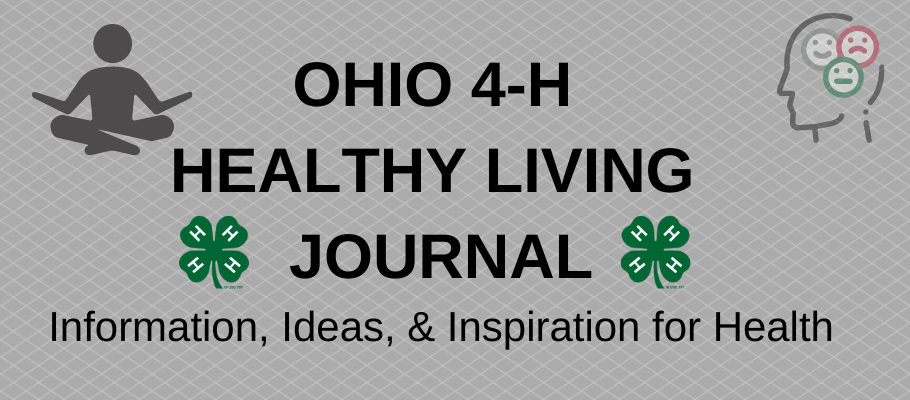 In an attempt to stop the spread of the coronavirus, 2020 saw in-person activities limited or canceled. Our homes became the base of operation – for school, work, and socializing. We’ve been challenged to keep up our social connections going in a virtual world. How can we go about cultivating social connections when circumstances dictate that we must keep our physical distance?
In an attempt to stop the spread of the coronavirus, 2020 saw in-person activities limited or canceled. Our homes became the base of operation – for school, work, and socializing. We’ve been challenged to keep up our social connections going in a virtual world. How can we go about cultivating social connections when circumstances dictate that we must keep our physical distance?
Humans are wired to connect to others. Connection is a feeling of being close with others and having a sense of belonging. Remember the eight dimensions of wellness and how they are connected: Social connection creates a positive feedback loop of social, emotional, and physical well-being. In fact, research suggest that the quality of our social ties might be the single biggest predictor of our well-being. Research shows that people who feel connected have lower levels of anxiety and depression, have greater empathy, and can have a 50% increased chance of living longer.
It’s the Quality, Not the Quantity, of Your Friendships. Whether you have a lot of friends or few friends, you can feel high social connection, or you may have feelings of loneliness or isolation. What matters is the internal feeling of connection you have, regardless of the number of friends.
More good news – if you do not feel you have enough social connection in your life, you can nurture it!
How can you cultivate social connections? Here are some ideas:
- Take Care of Yourself. Stress is linked to high self-focus and lower sense of connection. If you are happy from within, you are more likely to feel connected and to reach out to others. Find some self-care and stress reduction techniques that work for you. Write, draw, listen to music, do something creative, or talk to a friend. Make sure you’re getting enough sleep and take a break from social media. The American Academy of Pediatrics offers some tips for teens for creating a personal stress management plan.
- Help Others. Do acts of service and kindness for others. Research shows volunteering can help create a sense of connection and purpose. It takes creativity to come up with ideas for covid-friendly community service activities. In Delaware County, some clubs wrote letters to senior centers, and had seniors write them back and became pen pals as a result. What ideas can you think of?
- Let Others Help You. When we need help, we need to remember that it’s okay to ask for it. We often don’t want to bother others with our troubles. However, research shows people are willing to help, but they don’t know we need help if we don’t ask. And it will help create a sense of belonging for those we ask!
Today’s Take-Away: Social connections matter for your health and there are things you can do to cultivate them. You can download the Social Connections Tip Sheet here.
More resources can be found on the Ohio 4-H Mental Health Month page. Come back here for more information and ideas.
Yours in Health,
Theresa Ferrari, Extension Specialist
Laryssa Hook, 4-H Educator, Delaware County
Adapted from: Seppala, E. (2017, June 28). Connectedness & health: The science of social connection. Stanford University. http://ccare.stanford.edu/uncategorized/connectedness-health-the-science-of-social-connection-infographic














